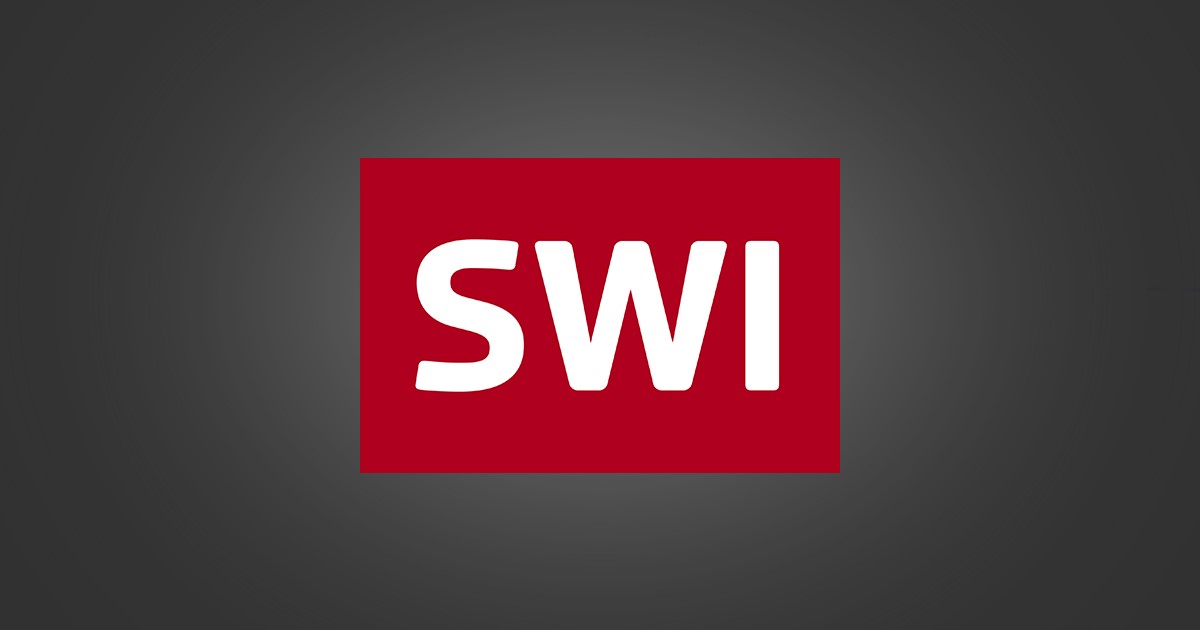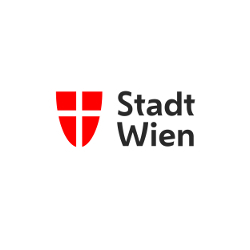This content was published on June 16, 2021 – 11:11
London, Jun 16 (EFE) .- British Brexit negotiator David Frost said on Wednesday that London is weighing “all options” in order to resolve its differences with the European Union (EU) on the implementation of the so-called Northern Irish protocol although to date there has not been “much progress”.
The British politician responded to questions from the parliamentary committee for Northern Ireland Affairs, where he admitted that little progress is being made in his ongoing talks with the EU.
Both parties cannot agree on the way in which this mechanism is being put into practice, which is a crucial part of the Brexit agreement (British exit from the bloc) to avoid at all costs a return to the physical borders between the two Ireland .
In his appearance, the person in charge of managing the new relations between the United Kingdom and the bloc, stressed that this country could unilaterally suspend parts of the aforementioned mechanism, something that Prime Minister Boris Johnson also threatens.
“There are talks with Brussels all the time but we are just not making much progress despite all the ideas we suggest,” he said.
According to him, currently “all options continue to be on the table” in his dispute with the EU over the controversial protocol and admitted that this country “would prefer to find negotiated ways to move forward, if possible.”
“If that is not possible, obviously there are still other options, as the prime minister said last weekend,” he added.
Frost said the “difficulty” the government has been having in resolving the thorny issue since the beginning of the year is that “there has been a very visible weakening in consent by a Northern Irish community (in relation to pro-British unionist groups ) for the provisions of the protocol and this has obviously produced instability and uncertainty. “
“Our wish is that we need to find agreed solutions that allow the protocol to work in a way that is consistent with the Good Friday Agreement in all its dimensions, both east-west and north-south,” he said.
However, he insisted that “if that is not achieved, and at the moment not much progress is being made, then all the options on the table will be evaluated to see what is next, although obviously we would prefer consensual solutions.”
Last weekend, during the G7 summit (the richest countries), Boris Johnson warned that he will not hesitate to apply article 16 of the protocol, included in the Brexit agreements, which provides for one of the parties to take measures if considers that the pact is causing “serious economic, social or environmental difficulties”.
London argues that the customs controls that were agreed between Northern Ireland and the rest of the United Kingdom to avoid a border between the two Ireland after Brexit creates too much friction in its internal market.
Under the Northern Irish protocol, the commercial border has been located in the Irish Sea in order to avoid controls being made on land between the British province and the Republic of Ireland, to avoid a physical border between those territories and not to harm the peace process.
According to the 2020 Brexit agreement, Northern Ireland has remained in the single market, so customs controls for goods from Great Britain (England, Wales and Scotland) are made in the Northern Irish ports, although it was agreed that these they would come into force gradually. EFE
© EFE 2021. The redistribution and redistribution of all or part of the contents of Efe’s services is expressly prohibited, without the prior and express consent of the EFE SA Agency.
–


